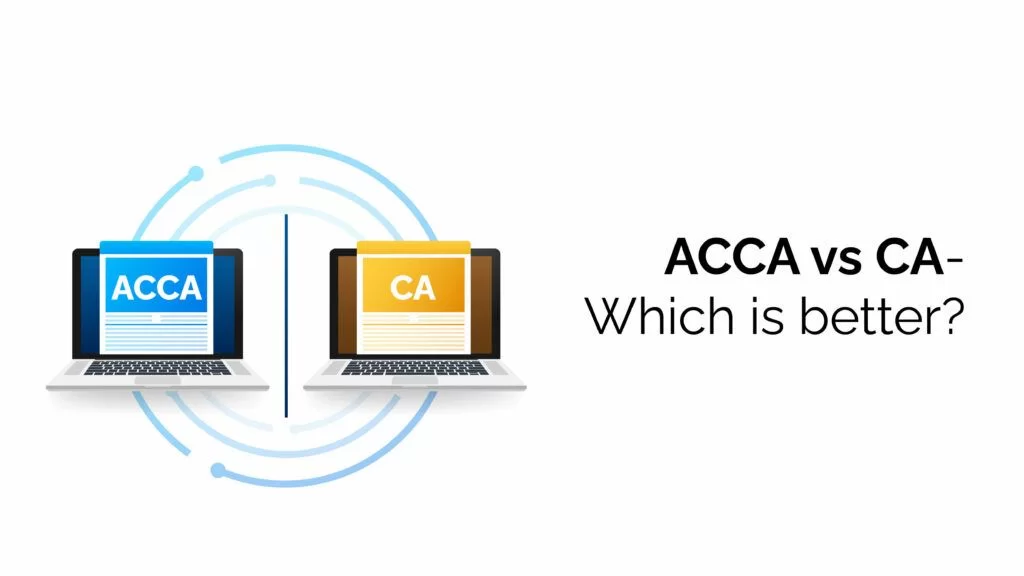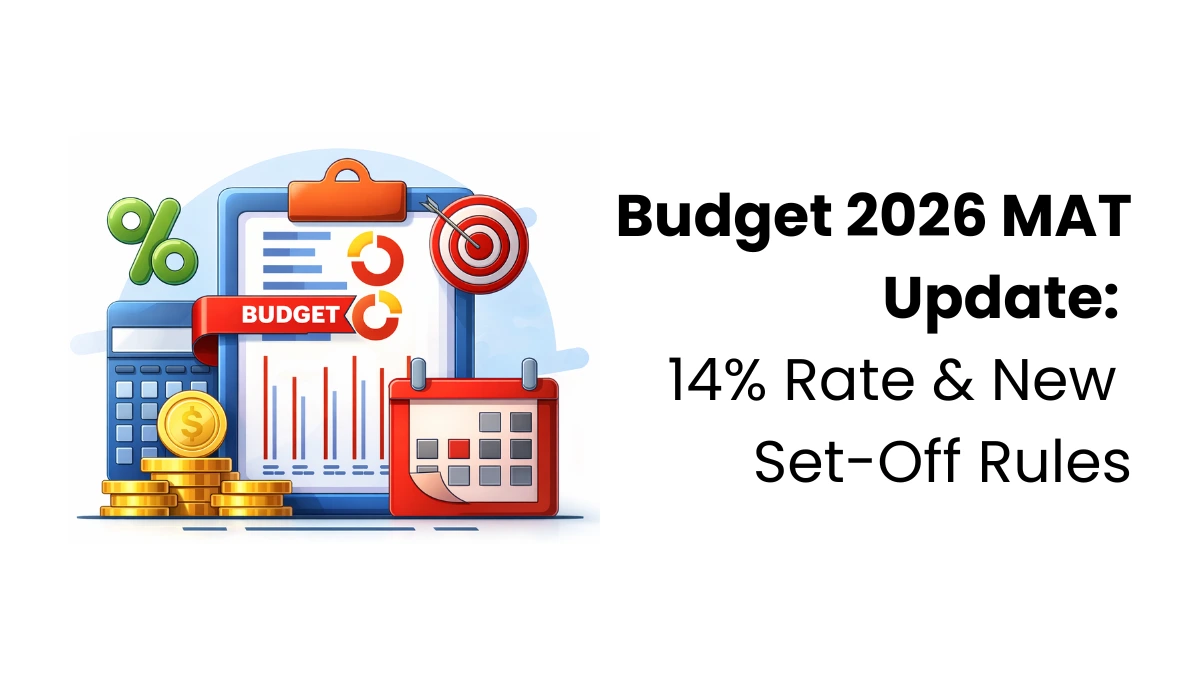After high school graduation, students often face difficulty in identifying their career path. Courses like ACCA, CA or CPA are good options for commerce students or those willing to enter the accounting world. But to choose the ideal one among them is often quite challenging. To resolve this issue, we have tried to showcase the differences and scope of ACCA and CA courses below, with which you can reach a suitable conclusion.
Lets’ Understand ACCA and CA in detail:
The Association of Chartered Accountants (ACCA)
ACCA came into existence on November 30, 1904, in the UK. its primary focus was to provide accountancy with a global platform. Today ACCA has gained worldwide recognition and is the most in-demand accounting course in the world. It has uplifted the accounting and finance profession to higher levels and is moving ahead at a fast pace. Today ACCA comprises 2 lakh active members and 6 lakh pursuing students. ACCA came to India recently but is getting huge responses all over the country. Indian students who are ambitious to settle abroad consider ACCA a potential course.
Chartered accountancy(CA)
CA has been in the country for more than 100 years. The Institute of chartered accountants of India, ICAI, is the governing body of the CA course. CAS has government and private sector opportunities and works as a gazette-level officer. CA modules abide by the rules and regulations of the Indian constitution and are valid all over India.
ACCA VS CA – Major Differences

ACCA and CA have got significant relevance in today’s finance world. These courses are designed mainly for finance and accounting aspirants who want to build a career in Finance, Accounting, Auditing and Taxation. Though there are a few similarities between ACCA and CA, in reality, they are two sides of a coin. Now let us understand the differences between the two courses.
ACCA VS CA – Exam Structure
ACCA course has been divided into three levels- Applied Knowledge, Applied Skills and Strategic Professional. CA course has three stages, but they are pretty different from ACCA. They are CAP-1, CAP-2 and CAP-3; there are 13 papers in the ACCA module, whereas the CA curriculum comprises 18 exams. ACCA conducts exams quarterly, probably in March, June, September and December. There are half-yearly exams in CA in June and December.
ACCA exams are computer-based and are conducted by the British council on behalf of ACCA UK. CA exams are primarily paper-based and are driven by ICAN. It takes 3-4 years to become an ACCA member. CA course requires more time; you need a minimum of 5 years to become a certified CA in India.
In the ACCA course, students can decide which exam to attend first. Moreover, there are four optional papers; students can choose two based on their interests. The exam pattern is quite different in the CA course. CA exams follow a group system; you need to clear all the papers in the group in a single attempt.
ACCA course requires three years of professional work experience. But it can be achieved before, during or after the course completion. The pass percentage is much higher in ACCA compared to CA. The pass percentage in ACCA is 30-40%, whereas, in CA, it is 4-5%.
ACCA vs CA – Scope and Opportunities
ACCA has got worldwide recognition, while CA is limited to India. Only CAs have obtained authorization for auditing in India, while ACCA professionals are not authorized to conduct auditing in India;. ACCAs can specialize in IFRS/IAS, Finance and Auditing etc. CAs can do specialization in areas like Auditing, Accounting, Taxation and Local Laws.
ACCA has a scope both in India and abroad. Both qualifications are relevant in their ways. ACCA courses are suited for those who have plans to settle overseas and work as financial analysts, portfolio managers, professional accountants, financial consultants, etc. Students willing to build a career in the Audit and Assurance field can opt for CA courses and practice all over India.
Finprov Learning, India’s leading accounting training institute, provides an ACCA course and a foundation course on CA. Interested students can check out their official website for more details.
For further queries and enquiries, please fill out the google form below, and our expert team will get back to you.










